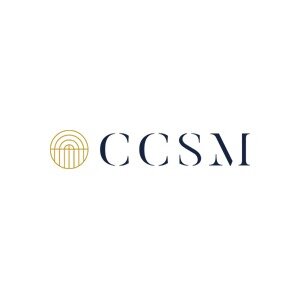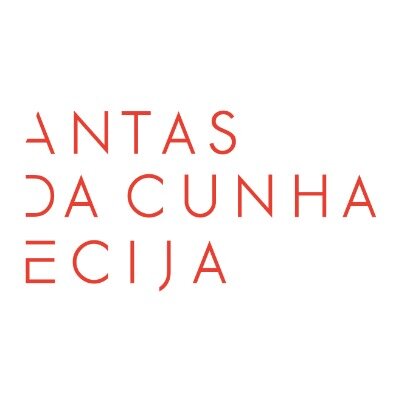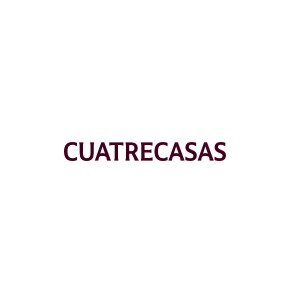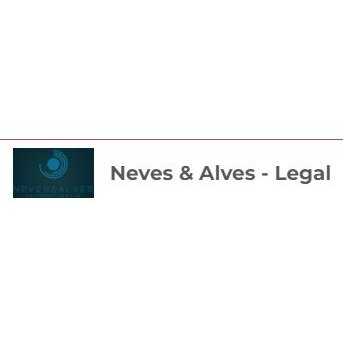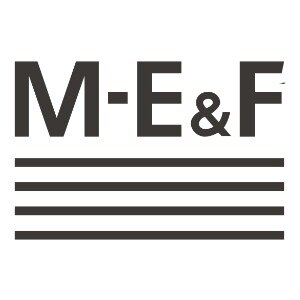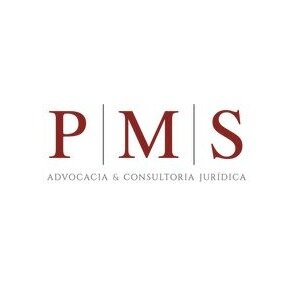Best Sanctions & Export Controls Lawyers in Porto
Share your needs with us, get contacted by law firms.
Free. Takes 2 min.
List of the best lawyers in Porto, Portugal
About Sanctions & Export Controls Law in Porto, Portugal
Sanctions and export controls refer to the regulatory systems that govern the transfer, shipment, or export of certain goods, technologies, or services from Portugal to other countries. These laws exist to comply with international obligations, protect national security, prevent the proliferation of weapons, and ensure that Portugal is not inadvertently aiding illegal activities or regimes. In Porto, as in the rest of Portugal, these laws are shaped both by Portuguese domestic legislation and, crucially, by European Union regulations and United Nations resolutions. The compliance landscape can be complex, impacting individuals, small businesses, exporters, manufacturers, logistics providers, and financial institutions.
Why You May Need a Lawyer
The regimes for sanctions and export controls can be difficult to navigate, especially for those unfamiliar with international trade and compliance requirements. You may need legal advice if you are:
- Exporting goods, technologies, or services to countries outside Portugal
- Uncertain if your product or transaction is subject to export controls or sanctions
- Contacted by authorities regarding a potential export violation
- Considering business relationships in countries under EU, UN, or other international sanctions
- Worried about inadvertent breaches via email transfers, software downloads, or technical assistance
- Involved in industries such as shipping, logistics, defense, or high-tech manufacturing
- Seeking to implement or update an internal compliance program
- Facing blocked payments or frozen accounts due to international restrictions
- Acquiring, merging, or partnering with companies engaged in cross-border activity
- Unclear about new sanctions or updates to export control rules
A lawyer specialized in this field can offer risk assessments, compliance strategies, representation before authorities, advice on licensing, and legal defense in the event of investigations or penalties.
Local Laws Overview
Sanctions and export controls in Porto are governed by a combination of Portuguese national law and overarching European Union regulations. Key features include:
- EU Regulations: As an EU member state, Portugal implements EU-wide restrictive measures and export control laws. These cover goods with both civilian and military applications, so-called dual-use goods, as well as specific sanctions targeting countries, companies, or individuals.
- National Authorities: The Portuguese Authority for Economic and Food Safety (ASAE), Directorate-General for Economic Activities (DGAE), and customs authorities are responsible for the enforcement of these controls.
- Licensing: Exporting controlled products, including certain chemicals, electronics, and software, generally requires special licenses. The process may involve documentation, due diligence, and verification of end users.
- Financial Restrictions: Portuguese banks are obliged to follow sanctions lists and can freeze or block assets and payments linked to sanctioned parties.
- Penalties: Violations can lead to administrative fines, criminal prosecution, seizure of goods, and reputational damage.
- Frequent Updates: Lists of controlled items and sanctioned entities are updated regularly-businesses must stay vigilant.
It is essential to monitor both EU registers and Portuguese enactments, as local adaptations might apply.
Frequently Asked Questions
What are export controls and why do they matter in Porto?
Export controls are laws that restrict the sale, shipment, or transfer of specific goods, software, or technology for reasons of security, foreign policy, or trade. In Porto, they apply if you are exporting abroad and especially if your business involves sensitive goods or destinations under restrictions.
Who enforces sanctions and export controls in Porto?
Multiple authorities enforce these laws, mainly the Directorate-General for Economic Activities (DGAE), ASAE, and Portuguese customs, in coordination with EU agencies.
What is a dual-use item?
A dual-use item is a product, technology, or software that can be used for both civilian and military applications. These items are tightly regulated to prevent misuse.
Do individuals need to worry about sanctions or controls, or just businesses?
Both individuals and businesses can be subject to these rules. Even private persons making overseas transfers, purchases, or technical exchanges may face restrictions.
How can I find out if my goods require an export license?
Check the EU Dual-Use Regulation lists and consult Portuguese authorities. If unclear, consulting a legal expert is strongly recommended.
What happens if I inadvertently breach export controls?
You may face administrative or criminal penalties, including fines, seizure of goods, and business restrictions. Prompt legal advice is crucial if a breach is suspected.
Are there countries or regions with stricter controls?
Yes. EU sanctions and export controls often target specific countries, such as Russia, Iran, North Korea, and others.
Can I apply for an exemption or special license?
In some instances, you can apply for licenses or exemptions through national authorities, but approval is not guaranteed.
How often are sanction lists updated?
Sanction lists and controlled goods registers are updated frequently, sometimes several times a year. Regular monitoring is necessary.
Where should I go if I receive a notification from customs or authorities regarding export issues?
Do not ignore the notification. Contact a qualified sanctions and export controls lawyer promptly to avoid missteps and protect your interests.
Additional Resources
If you need more information or official guidance, consider contacting or consulting:
- Direção-Geral das Atividades Económicas (DGAE): The main Portuguese authority for licensing and supervision of export controls.
- Autoridade de Segurança Alimentar e Económica (ASAE): Inspects compliance and enforces penalties in Portugal.
- Portuguese Customs (Alfândega): For guidance on import, export, and customs documentation.
- Ministry of Foreign Affairs (Ministério dos Negócios Estrangeiros): Official updates on international sanctions and Portuguese implementation.
- European Commission - Trade: Repository of EU sanction lists and dual-use control information.
- Porto Bar Association (Ordem dos Advogados - Porto): To locate specialized legal practitioners.
Next Steps
If you believe you may be affected by sanctions or export controls, take the following steps:
- Identify whether your goods, services, or transactions might fall under EU or Portuguese export restrictions
- Review any communication from authorities carefully and do not delay in responding
- Gather all relevant documentation, including contracts, invoices, correspondence, and previous licenses
- Seek specialized legal advice from a lawyer experienced in sanctions and export controls in Porto
- Implement or update your compliance policies and training, especially if you conduct regular cross-border transactions
- Monitor regulatory updates and adapt your business processes accordingly
Professional legal support can help prevent costly mistakes, ensure compliance, and provide effective representation in any proceedings. Early action is key to navigating the complexities of sanctions and export controls in Porto and beyond.
Lawzana helps you find the best lawyers and law firms in Porto through a curated and pre-screened list of qualified legal professionals. Our platform offers rankings and detailed profiles of attorneys and law firms, allowing you to compare based on practice areas, including Sanctions & Export Controls, experience, and client feedback.
Each profile includes a description of the firm's areas of practice, client reviews, team members and partners, year of establishment, spoken languages, office locations, contact information, social media presence, and any published articles or resources. Most firms on our platform speak English and are experienced in both local and international legal matters.
Get a quote from top-rated law firms in Porto, Portugal — quickly, securely, and without unnecessary hassle.
Disclaimer:
The information provided on this page is for general informational purposes only and does not constitute legal advice. While we strive to ensure the accuracy and relevance of the content, legal information may change over time, and interpretations of the law can vary. You should always consult with a qualified legal professional for advice specific to your situation.
We disclaim all liability for actions taken or not taken based on the content of this page. If you believe any information is incorrect or outdated, please contact us, and we will review and update it where appropriate.





